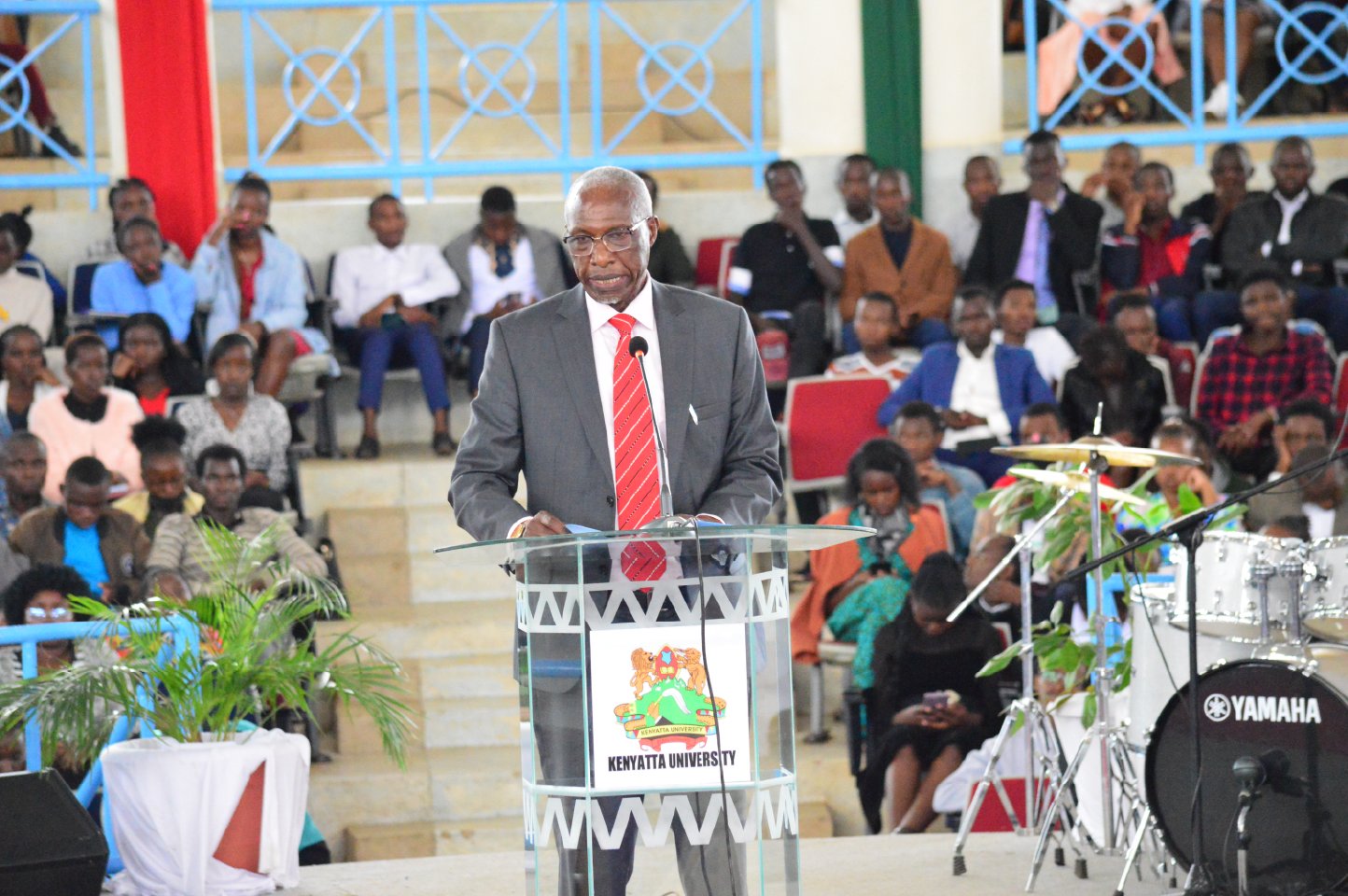Bill expanding Senate's powers sparks debate over oversight, budget control

The Council of Governors (CoG) expressed support, particularly for the requirement that all legislation must pass both Houses before presidential assent.
Kenya’s proposed Constitution of Kenya (Amendment) Bill, 2025, designed to broaden the Senate’s oversight and legislative authority, has sparked differing opinions among stakeholders.
The Justice, Legal Affairs and Human Rights Committee of the Senate is coordinating public input on the Bill, which is co-sponsored by Majority Leader Aaron Cheruiyot and Minority Leader Stewart Madzayo.
More To Read
- Senate targets KEMSA in plan to turn devolved institutions into executive agencies
- MPs push for urgent funding boost for Auditor General’s office
- LSK condemns violence in by-elections, warns of gaps ahead of 2027 polls
- Senate convenes special sitting to hear Governor Nyaribo’s impeachment charges
- Judiciary faces Sh576.6 million pending bills amid budget review
- Senate summons Isiolo, Kericho governors for skipping audit hearings
More than 20 organisations, including professional bodies, constitutional commissions, advocacy groups, and human rights organisations, have shared their perspectives, revealing both strong support and serious concerns.
Some stakeholders see the Bill as a progressive move that strengthens Parliament and reinforces devolution, while others warn of potential challenges and overlaps.
The Kenya Law Reform Commission (KLRC) raised objections to granting senators authority over the national government’s budget and Money Bills, which deal with taxes and levies.
“KLRC recommends that the committee retain the distinction, leaving Money Bills exclusively to the National Assembly,” the commission stated.
KLRC further suggested setting up a clear system for categorising county-related and Money Bills and requiring a two-thirds majority in the National Assembly to overturn bills affecting counties passed by the Senate.
The Commission on Revenue Allocation (CRA) welcomed the Bill as timely but opposed giving the Senate powers over appointing and removing chairpersons and members of constitutional commissions and independent offices, noting that such a move could duplicate roles and create unnecessary bureaucracy.
The Institute of Public Finance (IPF) supported the reforms but raised concerns about the lack of a clear mediation mechanism when both Houses review budget documents.
“This concern is heightened by the high veto thresholds currently provided, which may not always be practical,” IPF said, while emphasising that enhanced Senate scrutiny of Appropriation Bills, the Finance Act, and Budget Estimates would promote accountability and inclusivity in financial oversight.
The Law Society of Kenya (LSK) also endorsed the Bill, observing that it removes limitations restricting the Senate to county-related bills and allows most bills, except those raising national revenue, to originate in either House.
LSK president Faith Odhiambo said, “The Bill removes restrictions limiting the Senate to only county-related bills, allowing most (except those raising national revenue) to originate in either House, thereby promoting a more balanced legislative process.”
She cautioned against supermajority veto powers on allocation and appropriation bills and recommended a compulsory mediation mechanism to prevent legislative gridlock.
The Council of Governors (CoG) expressed support, particularly for the requirement that all legislation must pass both Houses before presidential assent.
“County governments have been excluded from legislation considered only by the National Assembly. This Bill restores balance by reinforcing the Senate’s role in protecting counties,” CoG said, highlighting the importance of inclusive lawmaking.
As the Senate continues to gather views, the Bill remains at the centre of a lively debate, reflecting the tension between expanding oversight, ensuring legislative efficiency, and safeguarding county interests.
Top Stories Today















































